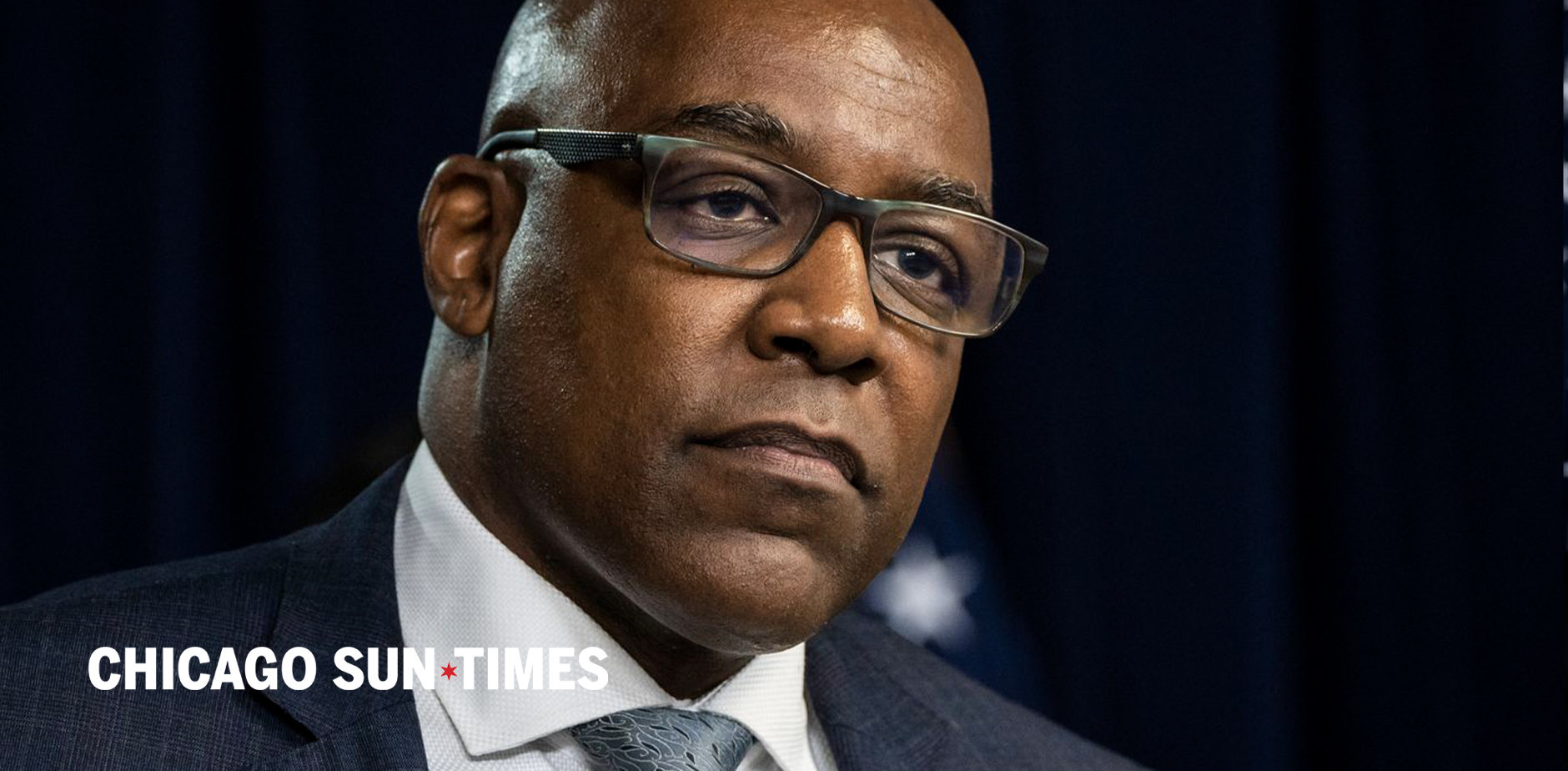
Illinois Attorney General Kwame Raoul and the Illinois Retail Merchants Association unveiled a draft bill on Monday that would create a new criminal charge — organized retail crime — and make it easier for prosecutors to investigate and enforce it.
Recent high-profile smash-and-grab retail crimes have shaken Chicago: Tourists are nervous, stores are doubling down on security and commuters are more wary.
To combat these thefts, Illinois Attorney General Kwame Raoul and the Illinois Retail Merchants Association unveiled a draft bill on Monday that would create a new criminal charge — organized retail crime — and make it easier for prosecutors to investigate and enforce it.
“Our goal is to disrupt the criminal enterprises that engage in organized retail crime, and send the message to the criminal operations that we will identify them and end the destruction they cause to our communities,” Raoul said.
The proposed legislation aims to put a stop to retail crimes like recent high-profile incidents on the Magnificent Mile, at Oak Brook Center and in the Gold Coast, as well as raids directed at merchandise in transit.
The legislation, dubbed the Organized Retail Crime Act, would target the biggest offenders — those stealing for profit, not engaging in petty shoplifting.
“It seeks to close the loopholes and outdated provisions in current law that criminals exploit to frustrate and evade law enforcement and prosecution. It addresses not only the means they are applying to steal but the means of monetizing. It gives them nowhere to hide, and seeks to dedicate resources to pursue that,” said Rob Karr, president and CEO of the Illinois Retail Merchants Association.
Organized retail crime increased 60% from 2015 to 2020, according to a study from the National Retail Federation. And retail crime resulted in about $125 billion in lost economic activity, 650,000 fewer jobs and about $15 billion in personal and business tax revenues, not including sales tax losses, according to a study by the Retail Industry Leaders Association.
The proposed bill would make it harder for criminals to run from their crimes by allowing county state’s attorneys to charge suspects with the whole theft ring, instead of just the part that happened within their respective county. It also allows the attorney general to charge those involved in organized retail crime through a statewide grand jury.
“This type of crime doesn’t restrict itself to a municipality, to a county. It crosses across jurisdictions. And so we try to address that,” Raoul said.
Raoul’s retail theft task force recovers over $1 million in stolen merchandise
Part of the draft bill mirrors legislation also proposed on a federal level that would add a hurdle for criminals who sell their spoils online, requiring high-volume sellers on online marketplaces to verify their identity.
Many criminals coordinate to sell many items of high value, and the funds are often used to fund drug trafficking and human trafficking, Raoul said.
The bill would also create new jobs specifically dedicated to investigating and prosecuting retail theft in the attorney general’s office and in various state attorney’s offices, continue a public-private partnership between the attorney general’s office and private stakeholders already started by the Organized Retail Crime Task Force and require courts notify victims of organized retail crime at least seven days before court proceedings.
“We must ensure that prosecutors have the resources and the reach needed to hold perpetrators of these complex crimes accountable,” said Raoul.
The legislation has not yet received sponsorship but is expected to be put before the state Legislature soon, Karr said.
